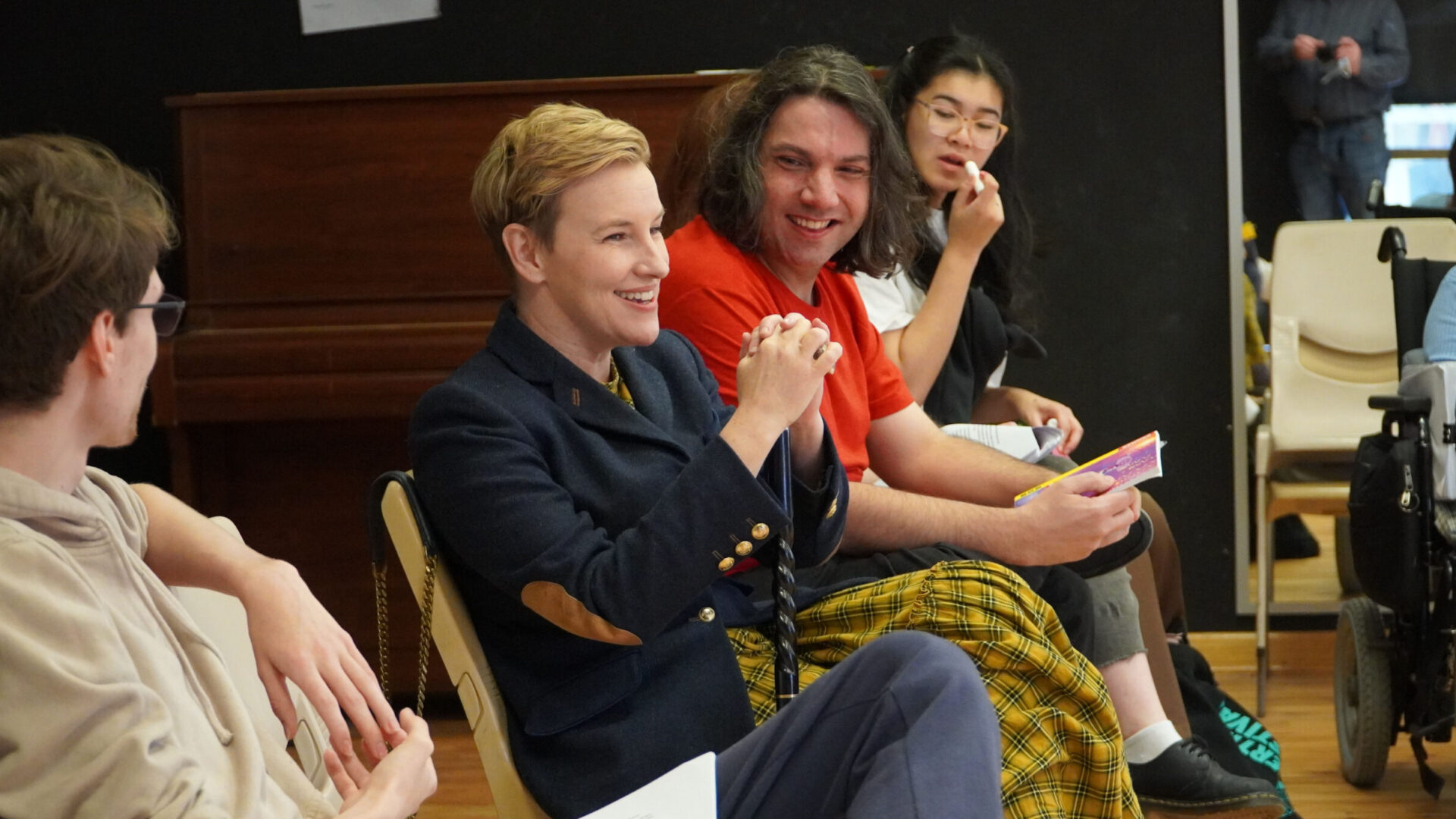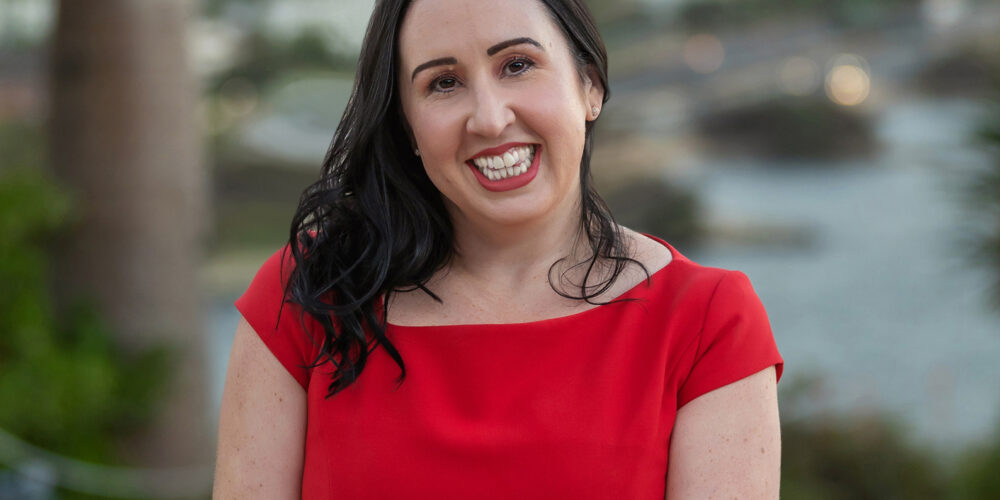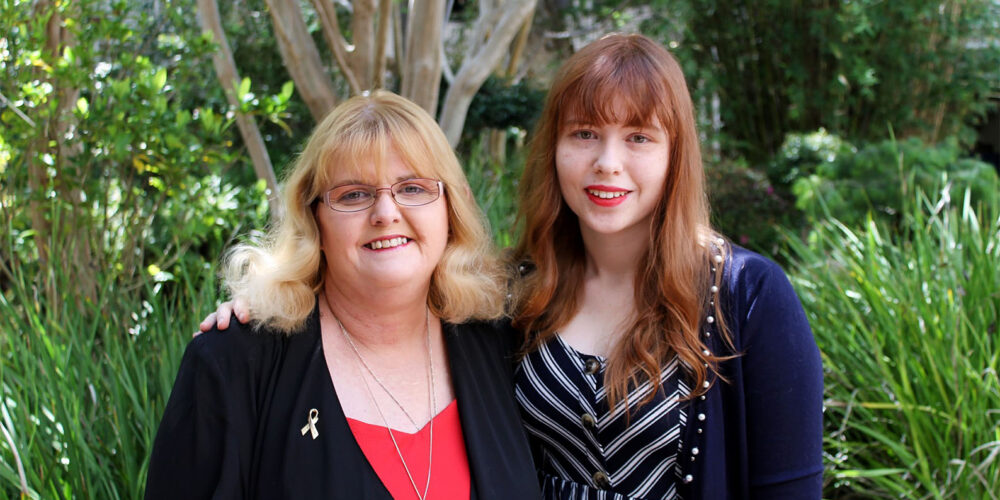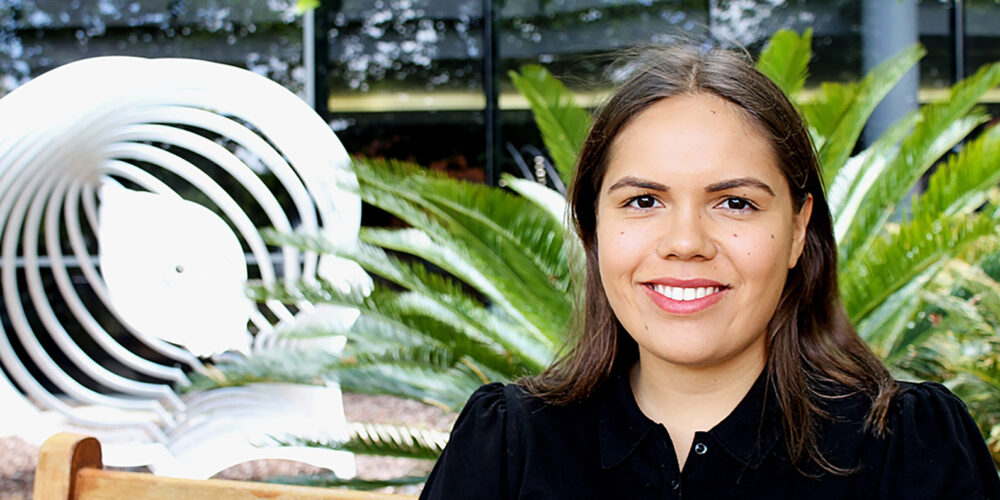Curtin’s Accessibility Challenge inspires creative solutions
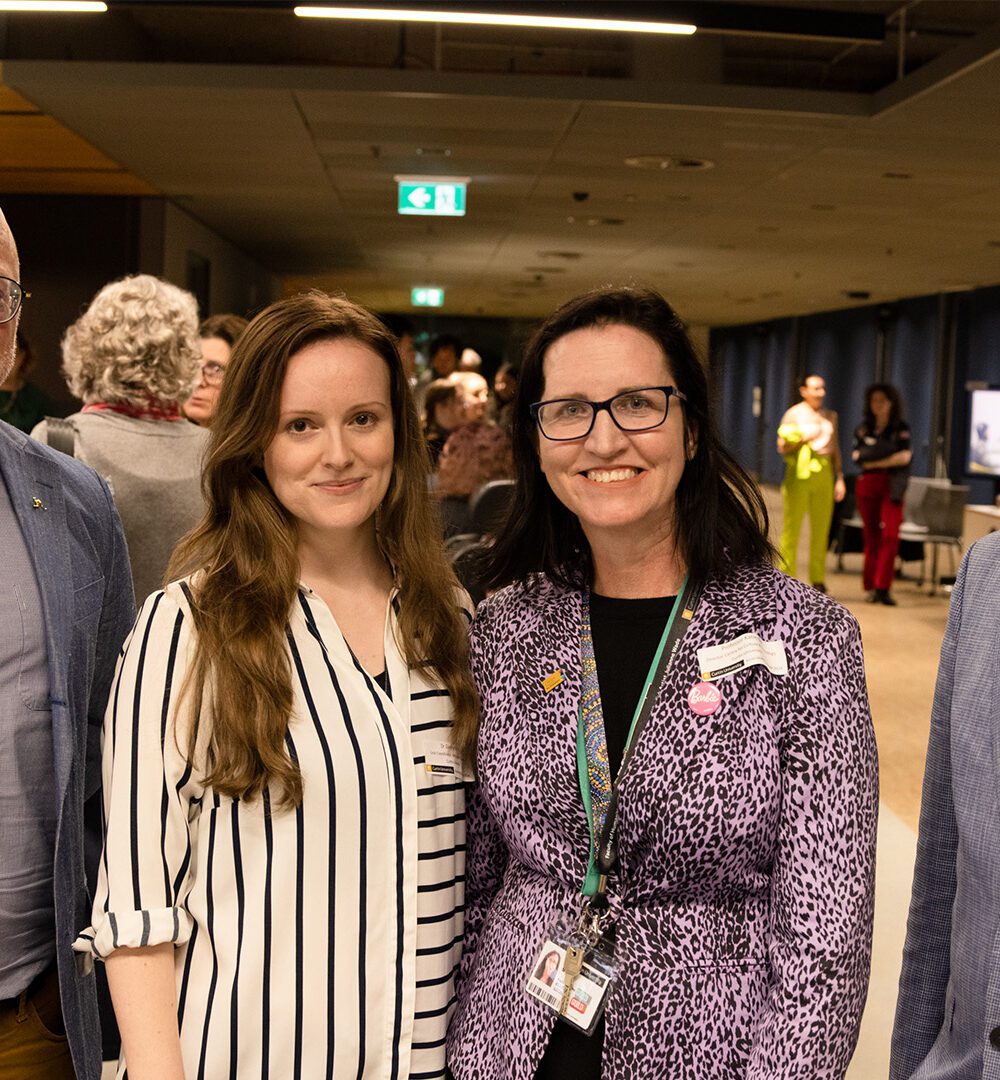
Curtin University students have come together to tackle challenges in the disability sector, creating innovative solutions as part of the first-ever Learning Futures Accessibility Challenge.
The intensive week-long program teamed 40 students with academic, community and industry leaders, featuring presentations from Paralympian Elizabeth Wright, performance artist Julia Hales and disability rights advocate Senator Jordon Steele-John.
Curtin’s Dean of Learning Futures, Professor Darren Bryant, said the Challenge explored how disability solutions can drive innovation.
“The Challenge aimed to fuel innovative thinking by identifying and resolving real-world problems. It served as a masterclass in tackling complex issues, inspiring students to apply their skills and knowledge to make strides towards creating a more accessible and inclusive society,” Professor Bryant said.
“There are more than four million Australians with disability and equity is a big part of our vision for the future. This initiative encouraged students to explore creative solutions for barriers to equal participation.”
The solutions presented by the teams included a podcast celebrating diverse stories, university multi-sensory rooms, tools for greater inclusivity in art galleries and museums, an accessible housing app and an AI tool to assist people with intellectual disability or low literacy fill in online forms.
Professor Katie Ellis, Director of the Centre for Culture and Technology at Curtin University, is a leading researcher in disability and digital media, and her work inspired the Accessibility Challenge.
“This is more than just a program – it’s a movement towards greater awareness and action. Our aim is to improve the lives of Australians who live with disability and continuously push the boundaries of what’s possible,” Professor Ellis said.
“Creating a more accessible world for people with disability actually benefits everyone.”
Challenge coordinator, Dr Gwyneth Peaty from Curtin’s Centre for Culture and Technology, said the week brought together diverse talents to make a positive impact.
“It’s our collective responsibility to create an inclusive community and the great thing with this Challenge was seeing the teamwork across different faculties to address the unique requirements of people with disability,” Dr Peaty said.
Despina Karatzias, a mature-age student studying a Master of Digital and Social Media, travelled from Melbourne to take part in the Accessibility Challenge at Curtin’s Bentley campus.
“I loved the group environment, the thought-provoking discussions and being around academic mentors. This experience has expanded my thinking and has given me many insights to apply not only to my studies but also to my role as a business coach,” Ms Karatzias said.
Participating students worked in groups to address the four ‘Pillars for Change’ from the State Disability Strategy 2020-2030:
- Participate and contribute
- Inclusive communities
- Living well
- Rights and equity
Ability WA, the Department of Communities, the Centre for Inclusive Design and Developmental Disability WA were collaborators in the project, which was funded by a State Government Innovation Fund grant of $264,000.
The Learning Futures Accessibility Challenge ran from 8 July to 15 July.
